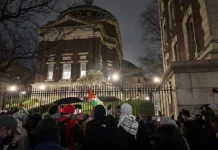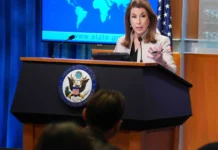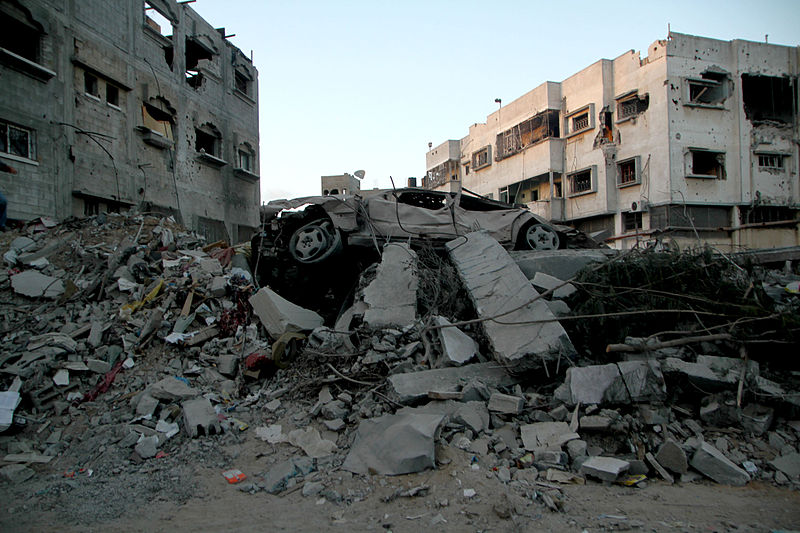The question of whether American Jews should criticize Israel has nothing to do with free speech, or democracy, or peace in the Middle East. It has everything to do with the real-life consequences that Israelis suffer when they bow to criticism from abroad.
In a recent JTA op-ed, Rabbi Jill Jacobs called on American Jews to pressure Israel to “end the war in Gaza.” That might sound appealing at first glance. After all, war is bad. Everyone wants wars to end. But what would be the real-life consequences for Israelis if Israel ceased firing at Hamas now, before victory has been achieved?
Today, the war in Gaza is in large part a police operation. Israeli forces are mopping up the last several thousand of the terrorists who raged through southern Israel 14 months ago. The Israeli army is no longer engaged in large-scale battles or continual air strikes. Israeli security forces are simply going house to house in search of Hamas killers.
If killers were on the loose in any American neighborhood — surely the residents would want the police to hunt them down. I doubt anybody would be urging the police to “end the war.” Yet if the critics of Israel somehow succeeded in pressuring Israel’s leaders to “end the war,” several thousand killers would escape justice.
Let’s consider another real-life consequence of “ending the war” prior to victory. If Israel enters into a one-sided ceasefire against Hamas before Hamas is completely destroyed, then Hamas will remain in power in Gaza.
Yes, the same Hamas that treats Arab women like third-class citizens, prevents them from entering many professions, and campaigns for them to wear a hijab to obscure most of their faces. Hamas courts have ruled that Gazan women need the permission of a male guardian just to travel.
For many left-of-center critics of Israel who support women’s equality, surely that is a nightmare scenario. Yet that would be the real-life consequence of what they are demanding from Israel today.
Let’s consider another real-life consequence: Israelis cite the foreign pressure and criticism that helped bring about Israel’s withdrawal from Gaza in 2005. The real-life consequence was years of Hamas rockets being fired at kindergartens in southern Israel, culminating in the vicious atrocities of Oct. 7. Once again, demands for withdrawal in the name of “peace” only brought more war.
Israelis also point to the tremendous pressure and criticism from abroad that helped bring about Israel’s withdrawal from southern Lebanon in 2000. The real-life consequence was that Hezbollah was able to build up an arsenal of 150,000 rockets, with which it has tormented Israel, provoked multiple wars, and driven tens of thousands of Israeli families from their homes. Demands for withdrawal in the name of “peace” only brought more war.
In my many conversations with Israelis — as a pro-Israel activist for decades, as a delegate to the World Zionist Congress, and today as national chairman of a pro-Israel organization — the sentiment I have heard expressed the most often is profound frustration at this gap between what left-wing Diaspora critics advocate, and what ordinary Israelis experience.
So here is my plea to left-of-center American Jews who are considering whether or not to publicly criticize Israel: Think carefully about the potential real-life consequences that others may suffer because of your actions. No matter how lofty your rhetoric or intentions, there is a real world out there, one where Hamas kidnappers and Hezbollah rockets have exacted a steep price.
Moshe Phillips is national


























